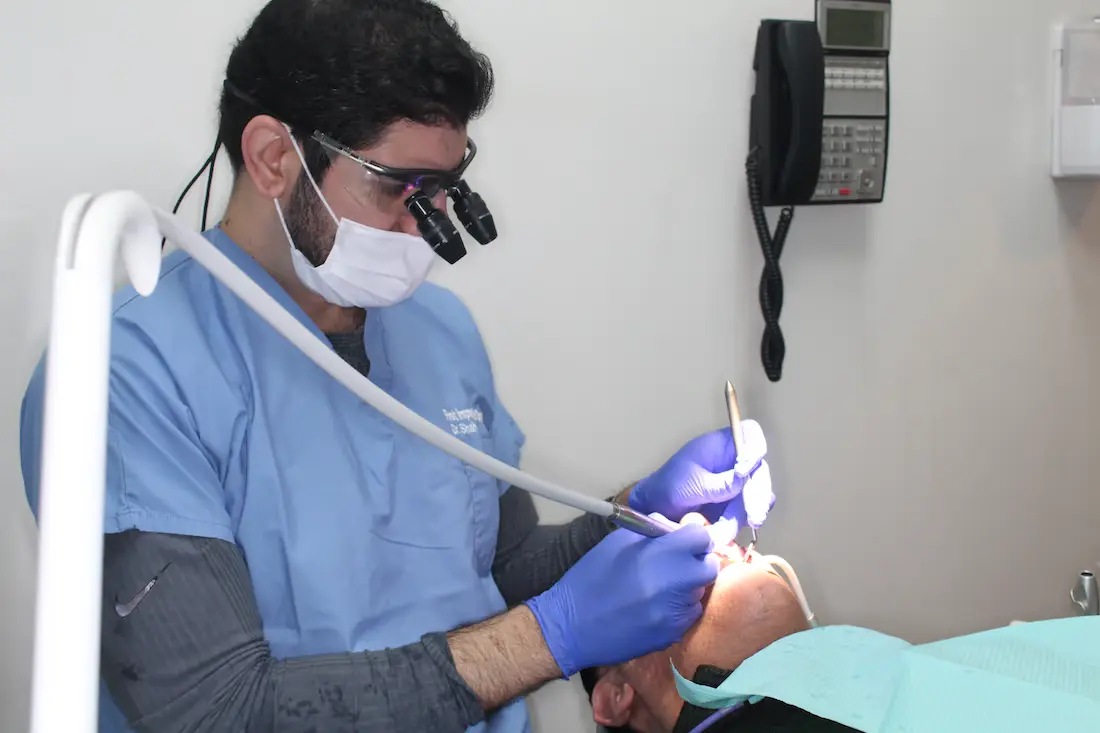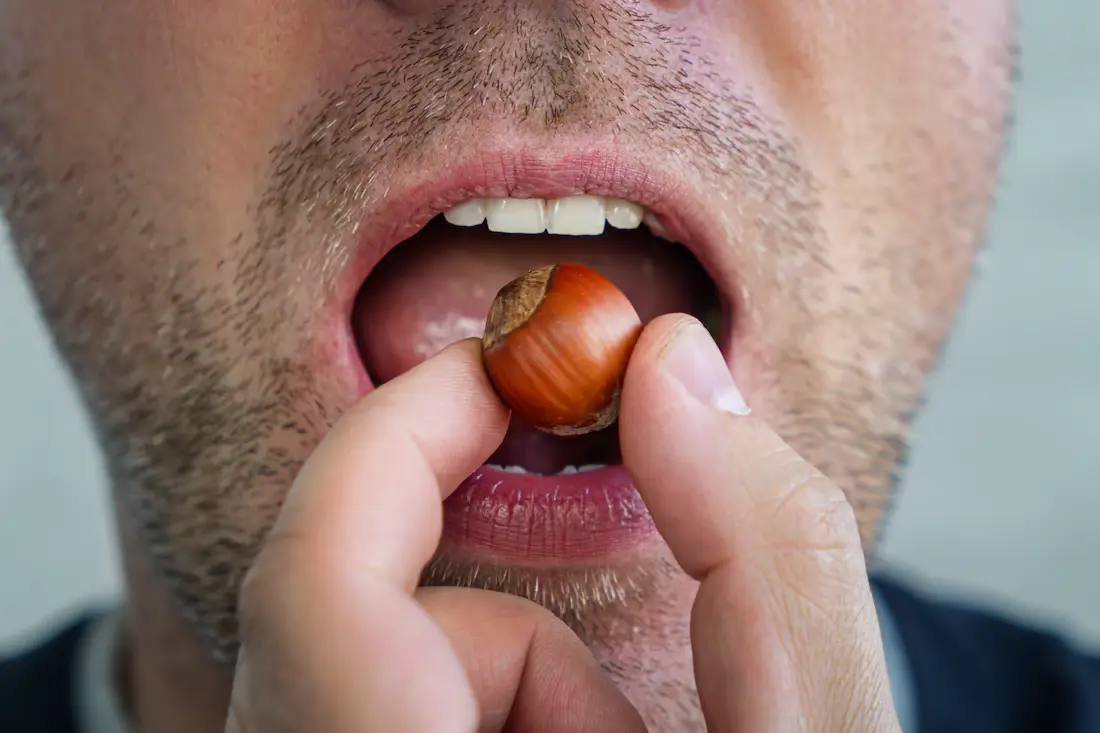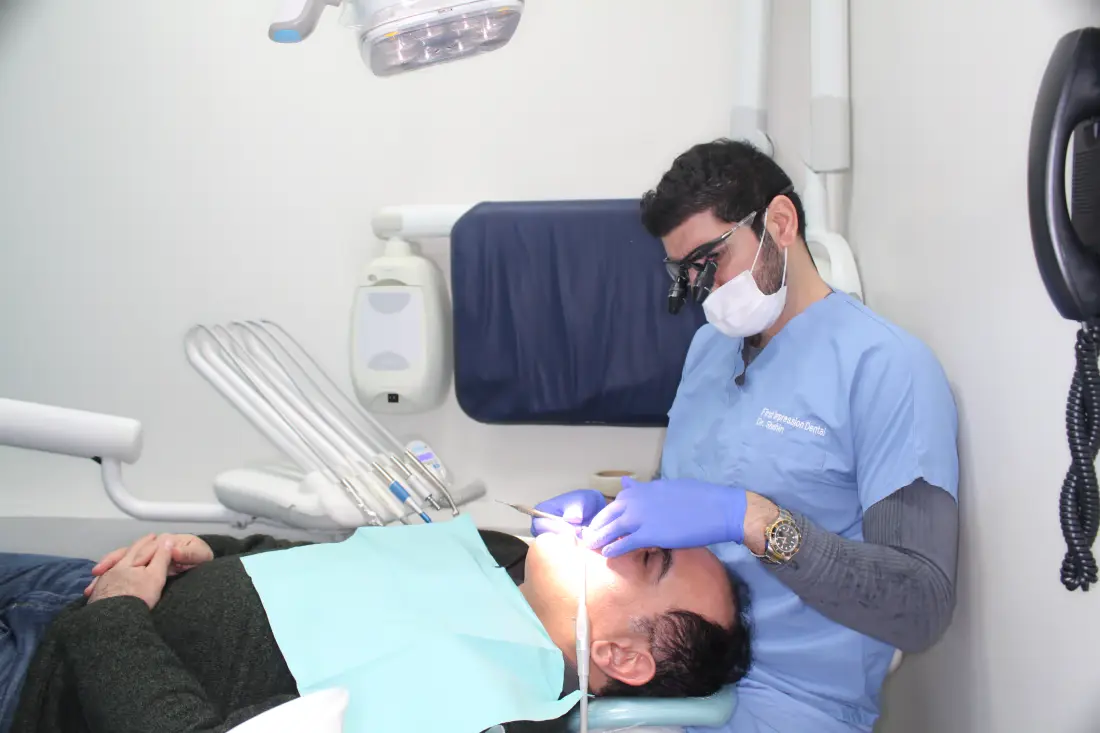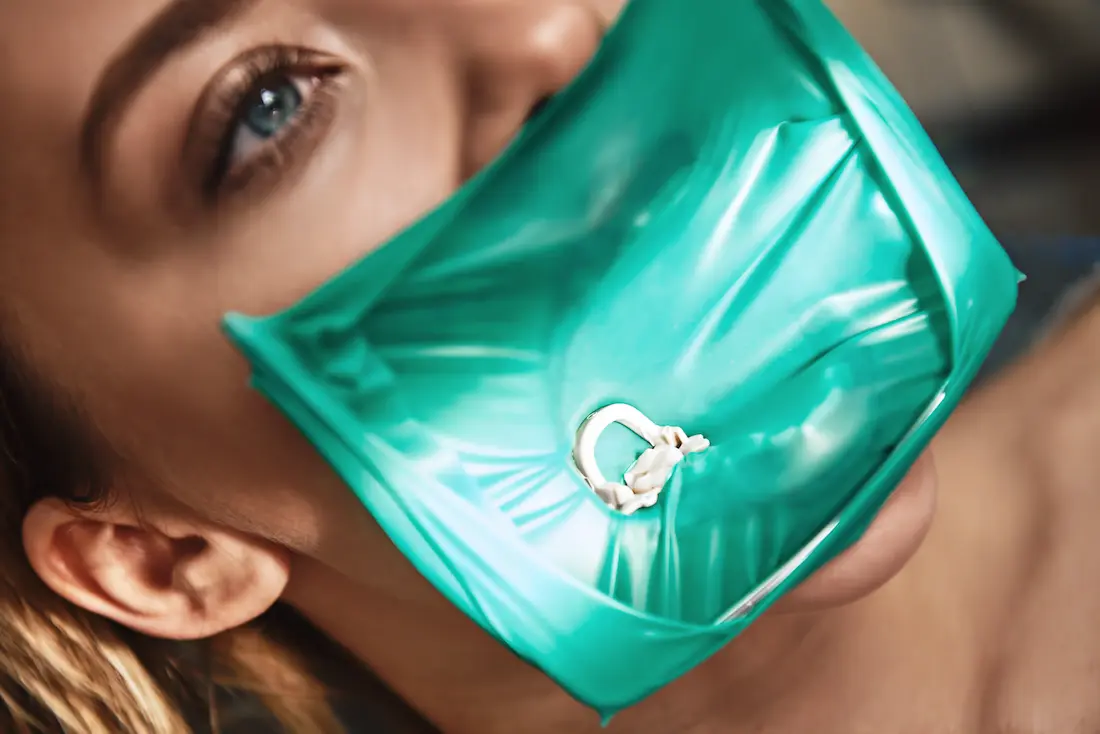Endodontics

Endodontics is a specialized branch of dentistry that deals with the intricate anatomy found inside the teeth. The word “Endodontics” means “inside the tooth” and relates to the tooth pulp, vessels, connective tissues, and nerves. Brooklyn Endodontists undergo extra dental training after finishing dental school to master performing simple and complex endodontic procedures, especially root canals.
Historically, a tooth with a necrotic nerve would be pulled right away, but endodontists are now capable of saving the tooth in most cases. Alternatively, removing the inner pulp structures, and then filling the resulting preparation with a cap restores function and health to diseased teeth.
Symptoms of endodontic issues:
- Teeth that are extra sensitive to cold
- Toothache when chewing and biting
- Darkening of a tooth
- Tenderness in the gums
- Pain and swelling in the nearby lymph nodes
What is an endodontic procedure like?
Root canal procedure usually takes one, two, or sometimes three appointments. Complete X-rays of the teeth will be taken and examined before the treatment.
First, novocaine will be administered, and a rubber dam (protective sheet) will be placed to ensure that the site remains dry and clean during the process. An opening will be made on the top surface of the tooth, and the pulp tissues will be completely removed using small handheld instruments.


